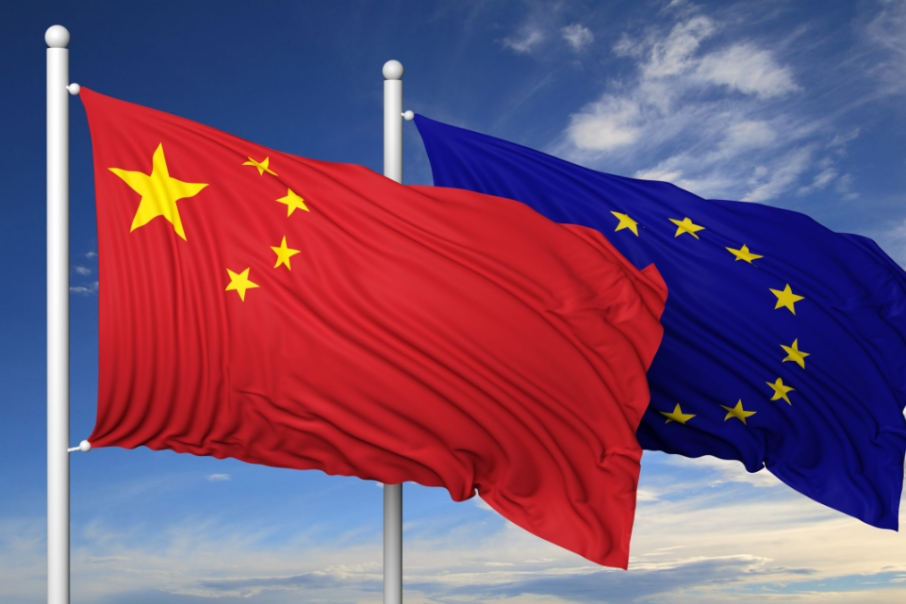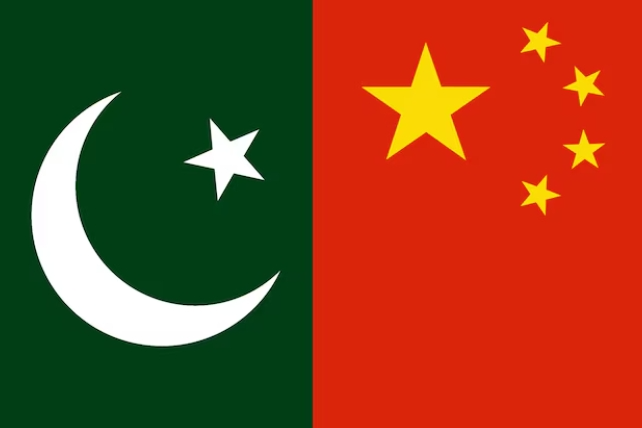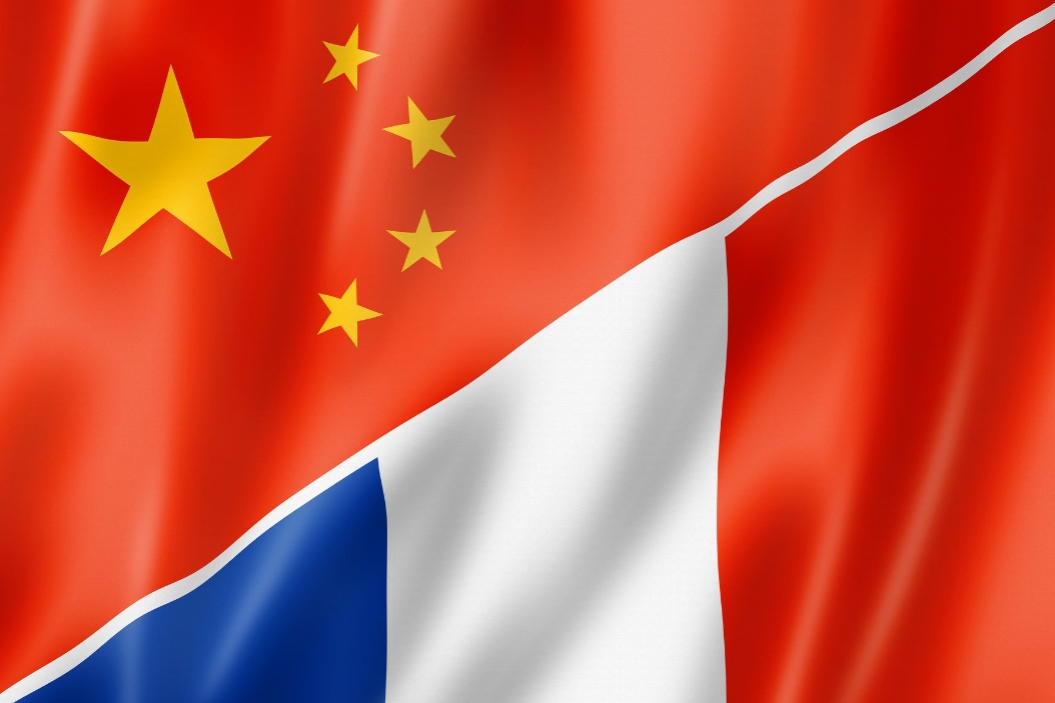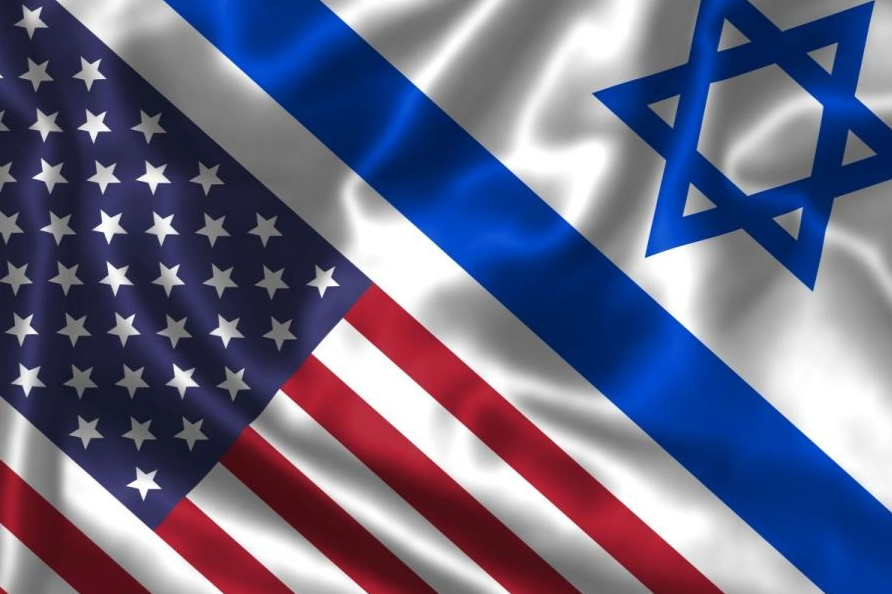Report notes lasting hazards of South China Sea award

Chinese think tanks released a detailed report on Thursday pointing to the lasting hazards made by a decision of the so-called South China Sea Arbitration Tribunal in The Hague in 2016.
The decision, instead of providing a solution to the disputes of the South China Sea, "has made the already complicated South China Sea issue even more difficult to resolve", according to the report released by the Huayang Center for Maritime Cooperation and Ocean Governance, the National Institute for South China Sea Studies and the Chinese Society of International Law.
The Philippines unilaterally initiated the South China Sea arbitration case, and "the Arbitral Tribunal exceeded its jurisdiction", the report said.
It warned that the decision "has brought shocks to the United Nations Convention on the Law of the Sea as a balanced and serious 'package agreement', and has shaken the confidence" of the parties to the convention "in the proper use of the dispute settlement mechanism of UNCLOS in practice".
China has stated on various occasions that it opposes and does not accept any claim or action based on the award.
In addition, Beijing has spared no efforts in settling disputes with the Philippines and other countries directly concerned through bilateral negotiation and consultation in accordance with international law and practice.
In recent years, some individuals and groups, both within and outside the region of the South China Sea, have called for or taken steps toward having the decision be accepted as international law.
That "reflects the attempts of certain countries in the region, based on false strategic judgments, to affirm the award and strengthen their unilateral claims", the report said.
Such efforts made by some forces outside the region aim to "stir up trouble in the South China Sea by seeking to drive a wedge between" China and member countries of the Association of Southeast Asian nations, it added.
Wu Shicun, chairman of the Huayang Research Center for Maritime Cooperation and Ocean Governance, said the current Philippine administration "has substantially backpedaled on the effective approaches and efforts made by Beijing and Manila in recent years for properly tackling the South China Sea issue and managing their maritime differences".
"As Manila has kept asking China to accept the arbitration every year when it celebrates the arbitration's anniversaries, it is necessary to once again highlight China's position on the arbitration," he added.

































